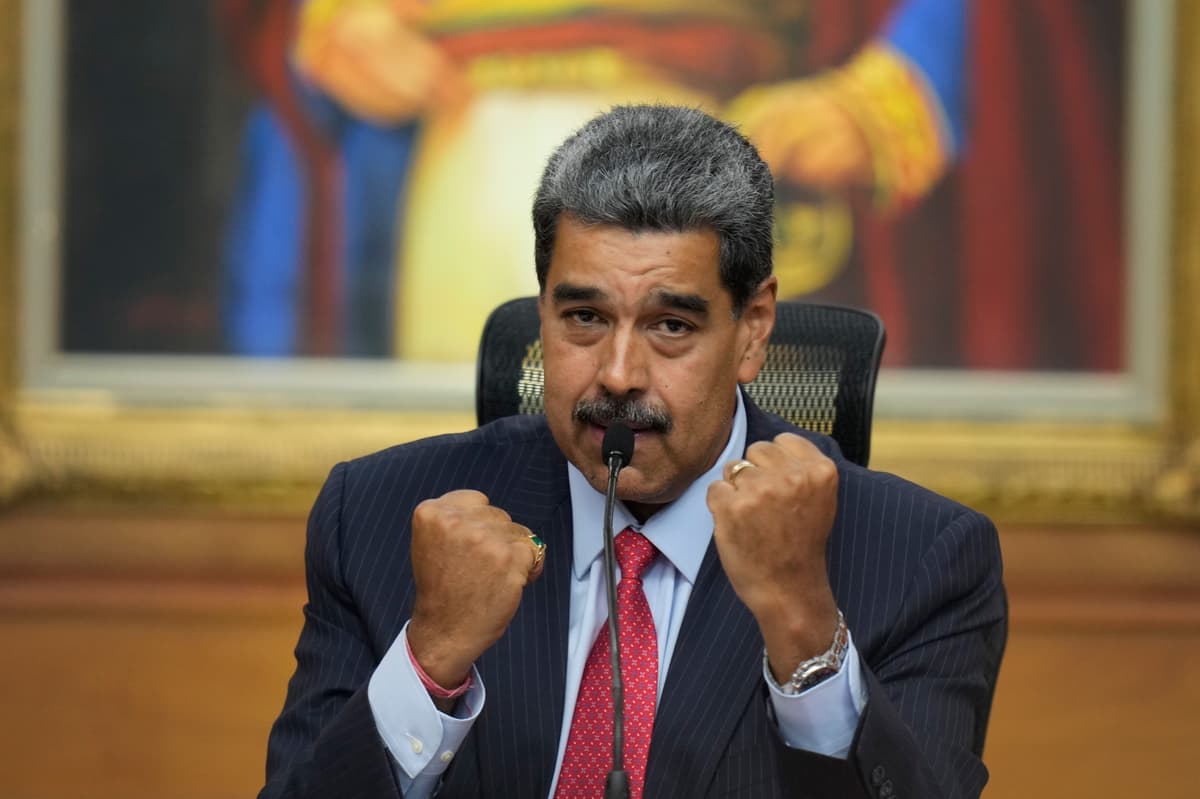Cuba Shows Its Hand in Venezuela as Maduro, Clinging to Power, Applies Lessons He Learned at Havana
With mass demonstrations planned across Venezuela this morning, Maduro worries about the loyalties of his own police and army. Enter the ‘Black Wasps,’ Cuban special forces units.

Venezuelan dictator Nicolás Maduro has some of the world’s best tutors on how to cling to power: Communist Cubans. While Venezuelans complain that their disastrous socialist revolution has dragged on for 25 years, few Cubans remember anything but Communism. This year marks 65 years since the Communists took power in Cuba. In a decade, they could overtake the Soviets, who ruled Russia for 74 years.
Please check your email.
A verification code has been sent to
Didn't get a code? Click to resend.
To continue reading, please select:
Enter your email to read for FREE
Get 1 FREE article
Join the Sun for a PENNY A DAY
$0.01/day for 60 days
Cancel anytime
100% ad free experience
Unlimited article and commenting access
Full annual dues ($120) billed after 60 days

